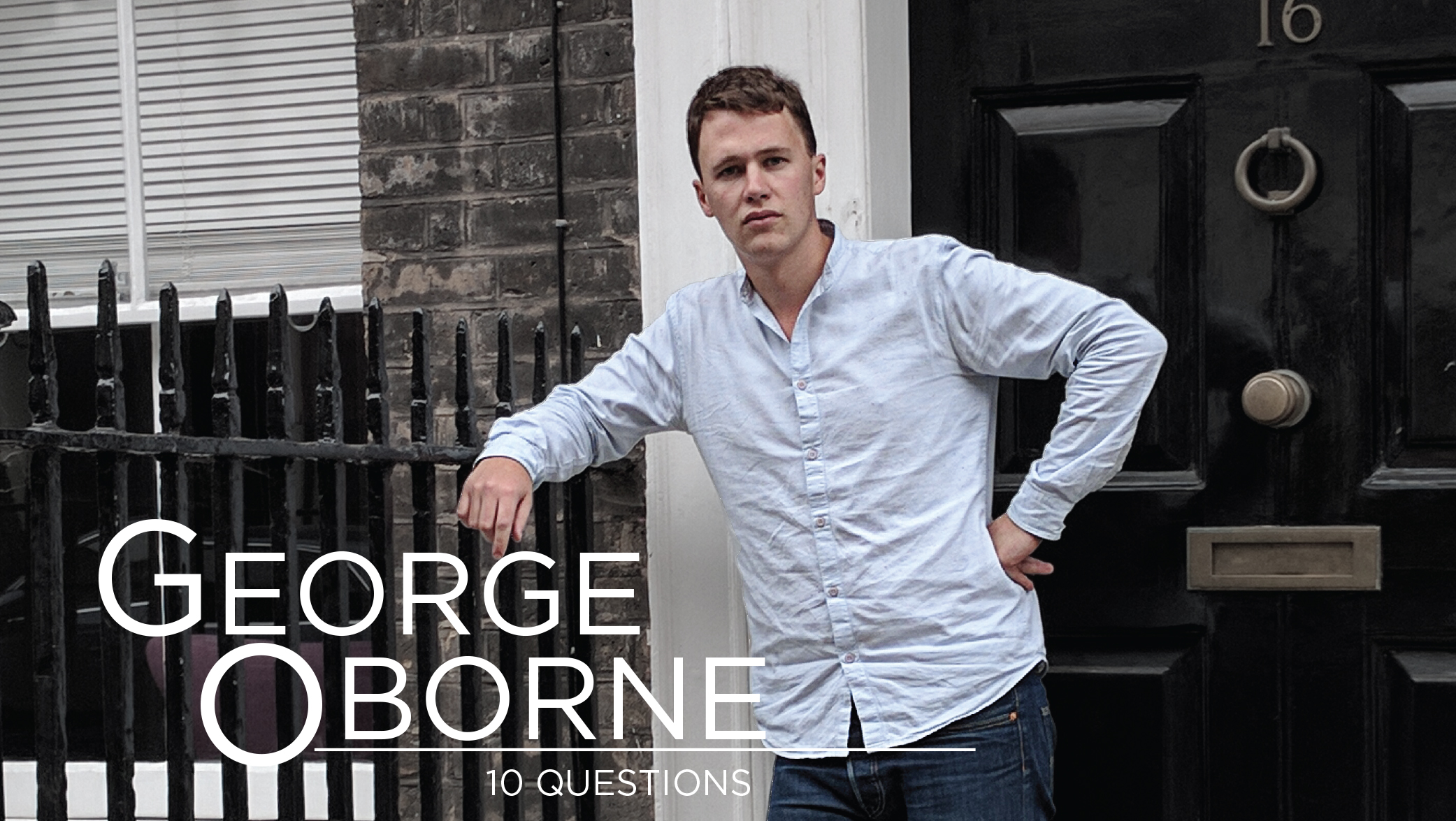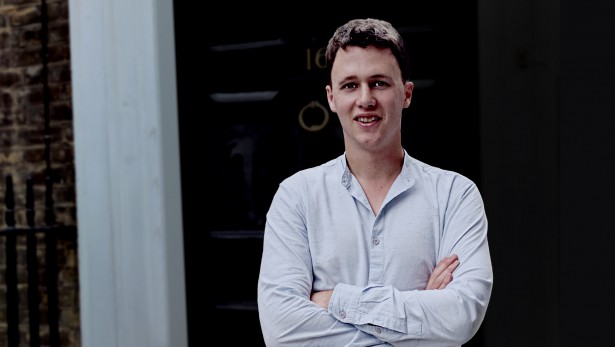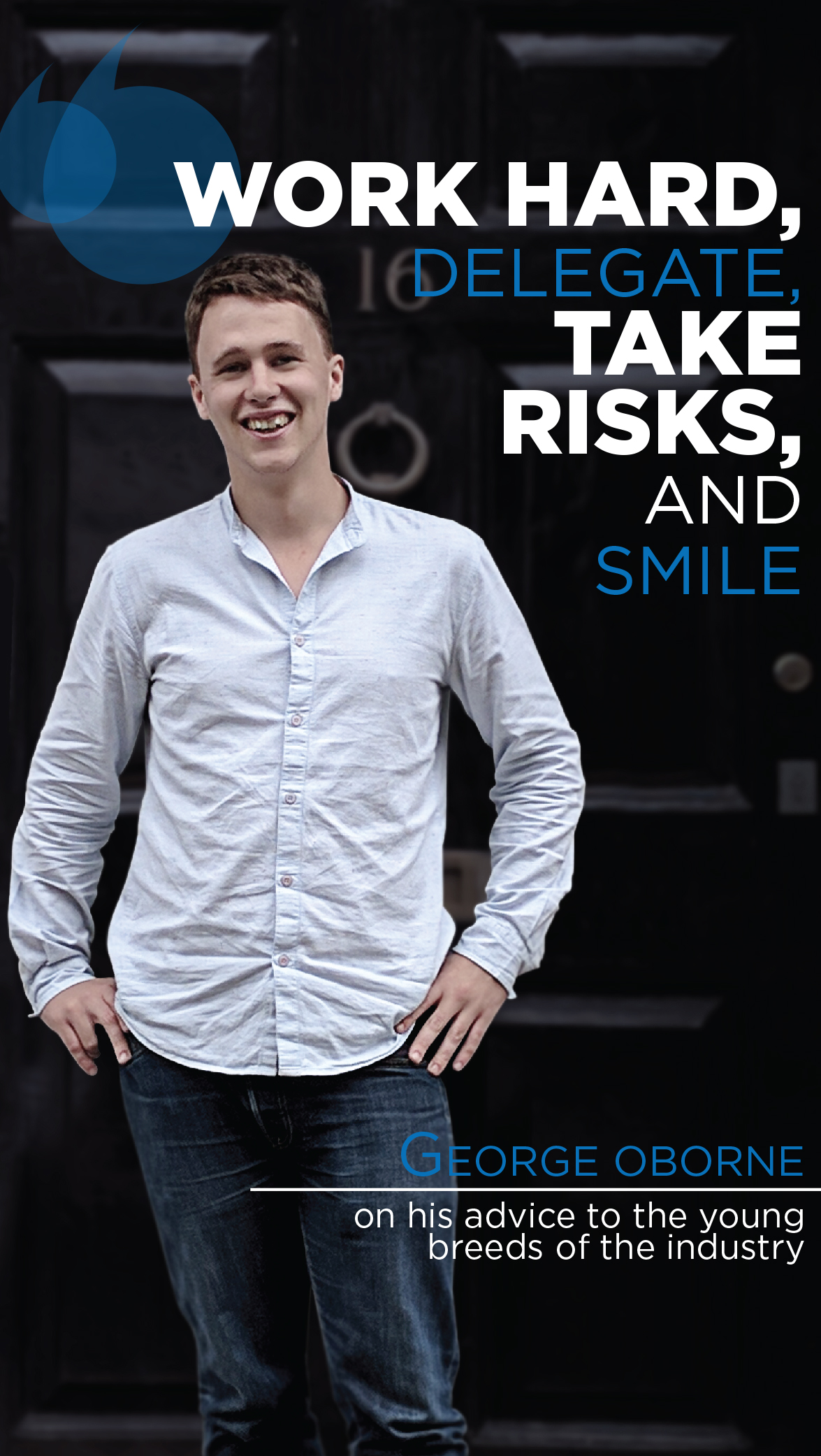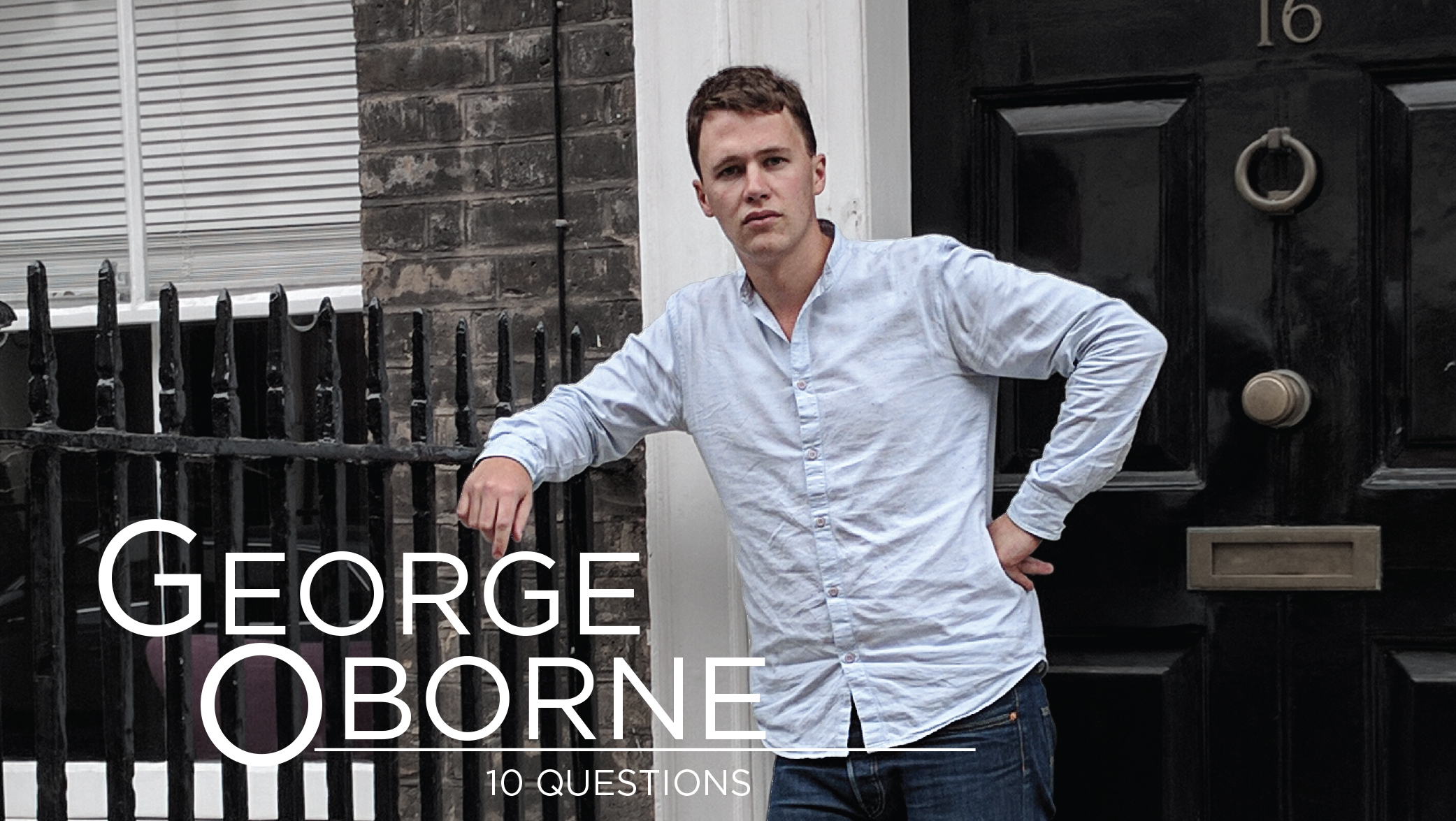In the second edition of 10 Questions, we delve into the mind of this British young lad who is trailblazing the way to the Indian gaming market for businesses and investors outside this vast South Asian country.

George Oborne is the Managing Director of India Bet, a content site which has transitioned into a free-to-play, social betting site catering to a massive user base in India. Only at 27, this tall and smiley gentleman with his boy-next-door looks can destroy your reservations about exploring India’s market potential with his candor and eloquence about the opportunities in one of the world’s largest population with access to the internet. This is remarkable for someone who was born and raised in the United Kingdom. And for that, we can all agree that George has become the industry’s non-Indian go-to-guy for anything about India.
You are known in our industry as the go-to-guy for India. What sparked your interest in the country?
I first visited India for a consultancy project in 2011. The contrast between the crowded UK gaming market and the untapped potential of the Indian market was extremely evident. I was brimming with ideas, a few of which I pitched to Joe Saumarez Smith, the Chairman of Bede Gaming, whom I had sold a bingo site called ScotBingo.com when I was at University. He put the money up and I got to work, by 2014 we were employing more people in India than we were in the UK and I made the decision to move to Mumbai full time to structure the office properly there.
You sold a bingo site while in university, this is something you’ve built as well. How did a Geography student get into the business of running and selling a Bingo site?
I set up Scot Bingo whilst I was on a year out after school and by the time I got to Uni it was purely a matter of managing the affiliate marketing. If I’m honest it was just a white label and only ever brought in a bit of beer money. It was also quite time consuming and by my 3rd year I realized that if I was to get a first in my degree then I would need to sell it. It was great industry experience though and led to my first job after graduating.
It’s Interesting to know you’ve got this gaming interest while you were still a student. How did all these interests in the gaming industry come about?
I suppose my first experience of gambling was backing Bobbyjo to win the 1999 Grand National when I was just nine years old. I remember studying the spotlight notes and thinking that if he was good enough to win the Irish National then why he shouldn’t go one better. My dad would take us to the races and would always give us a few quid to try our luck. I was converted and got my first job in gambling, putting on for a pro punter, as soon as I turned 18.
You are active on social media and you post photos of yourself wearing the Arsenal jersey. Take us to your younger days in England. What was your childhood like?
I grew up in Highbury and that meant being a Gooner. We could hear the crowd from our house and my dad would always refuse to let my brother and I go to the game. Eventually we managed to get our local barber to sell him some cut price tickets and we went to see a 0-0 draw against West Ham in the rain. That didn’t dampen our enthusiasm though and I always make sure my trips back to London coincide with a trip with my brother William to the Emirates.
A lot of people don’t know that you were a volunteer with the Metropolitan police. You’ve had police training and duty experience. What was the experience like?
It was an enormous privilege to work in the police and it was very rewarding. I think it’s important to give back to your community and it was a good way of doing it. It is quite an unusual role as well because a lot of the time things are quite slow paced but as soon as you are involved in an arrest or a difficult situation, things go from 0 to 60 in a click. That adrenaline and sense of responsibility is pretty shocking at first but I learnt a lot from it and it puts into perspective the nerves you get when public speaking or going into a big meeting. You also learn a lot about people management and controlling situations, it’s remarkable how much of what you learn transfers into your business and work.
After your experience with the Metropolitan Police, you moved to India in 2014. What were your career expectations then and how different is your career now from what you’ve expected?
I meet a lot of people in Mumbai who are setting up new businesses and I often think that they are maybe not quite so aware of what a commitment it is. Setting up a business and building a team in a foreign country takes both time and effort and to put together an operation that is stable and reliable often takes longer than you would first expect. You need to prove to the people that you employ there that you are committed to them and invest as much into them as possible.
Tell us about the inspiration behind India Bet. Why build something like this for the Indian market?
When I first went to India in late 2011, 120 million people there had access to the internet, today it stands at well over 400m and the number continues to grow. The technology sector in India is thriving and gaming there is an enormously underserved market. The market is dominated by a huge black market and in 2011 there was nobody providing an alternative. I wanted to provide the market with a responsible, social and future focused product and so far it has been received extremely well.
Take us through your experience on transitioning India Bet from a content-site into a free-to play social betting site in India. What were you looking at before deciding to go for the transition?
Prior to India Bet I had been involved in the running of a number of affiliate sites. We employed a lot of writers and the sites performed well. However, technology develops and in the world of Snapchat, gifs, Instagram and Vine you can’t stay sitting down. I wanted to develop content that was relevant to the Indian market and that could also function on the low spec, low data devices that rule the Indian mass market.
Of all the challenges you’ve encountered doing business in a foreign country, what was the biggest obstacle that you had to face and how did you overcome it?
One word, bureaucracy. I don’t want to make the country sound difficult, and there have been some excellent initiatives recently from the Modi led BJP government, but setting up a business in India is a fiddly process. There is a lot of paperwork to keep on top of and it’s almost entirely offline. Investing in a good accountant is a must. Especially if you’re looking to gain funding then you need to be completely transparent with these things; so making sure from day one that you structure things as cleanly as possible saves a huge amount of time later down the line.
Your company was commended for its innovation in social marketing in 2013. How do you think innovation in Social Marketing will help shape how the industry caters to the market behavior not only in India but also the gaming market in general?
Social marketing is an excellent way of testing new markets, be they new demographics or new territories. You can offer a variety of products at a very low cost and the data you get in return is invaluable. With India Bet we have the creative scope to give our customers exactly what they want. Because we are not RMG we can develop new games, features and systems at an extremely rapid pace which is perfect for such a nascent market.






